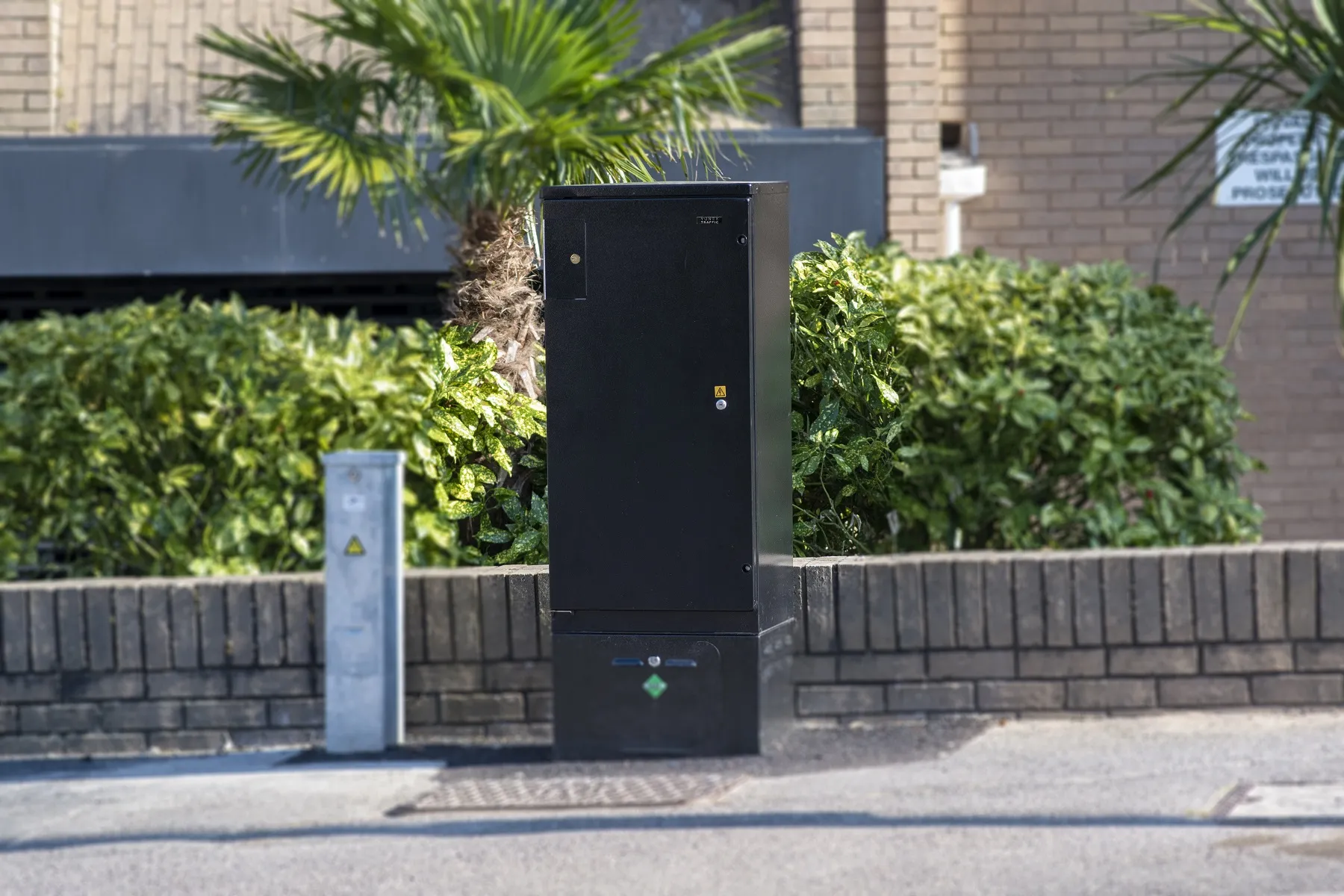Point Grey has announced a new addition to its growing family of SuperSpeed USB 3.0 products, the U3-PCIE2-2P01 host adapter card. Designed and manufactured at the company's headquarters in Richmond, BC, Canada, the U3-PCIE2-2P01 is a low-profile PCI Express Gen 2.0 USB 3.0 card that incorporates a Fresco Logic FL1009 Extensible Host Controller Interface (xHCI) chip.
March 19, 2012
Read time: 1 min
Each U3-PCIE2-2P01 card is equipped with two SuperSpeed USB ports, an internal power connector for ensuring reliable power delivery to connected USB 3.0 devices, and both standard and low profile PCIe mounting brackets.









